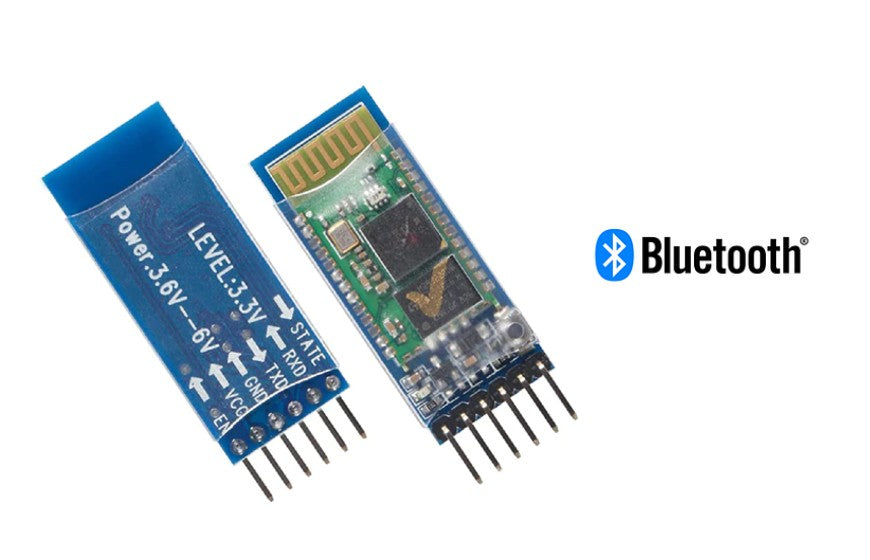Bluetooth technology has transformed the way we connect and communicate wirelessly. One crucial component driving this wireless revolution is the Bluetooth module. These small electronic devices enable seamless connectivity between various devices, making them an integral part of numerous applications and industries. In this comprehensive blog, we will explore the Bluetooth module, its functionality, and its diverse range of uses. Whether you're a technology enthusiast or a professional in the field, understanding the capabilities and applications of Bluetooth modules is essential in harnessing the power of wireless connectivity.
Understanding Bluetooth Technology
- Bluetooth is a wireless communication protocol that allows devices to exchange data over short distances. Bluetooth modules act as the interface between devices and the Bluetooth network. They utilize radio waves to establish connections and enable communication between devices such as smartphones, computers, IoT devices, and more. Bluetooth modules operate on specific frequencies within the 2.4 GHz range and provide reliable, low-power, and secure wireless connectivity.
Bluetooth Module Features
Bluetooth modules come with a variety of features, including:- Bluetooth version compatibility (e.g., Bluetooth 3.0, Bluetooth 4.0, HC05 6, HC06) that determines the supported functionalities and data transfer rates.
- Transmission range, which typically ranges from a few meters up to 100 meters, depending on the module and environmental conditions.
- Power consumption, with modern Bluetooth modules offering energy-efficient operation to conserve battery life.
- Interface options, such as UART, SPI, or I2C, which facilitate easy integration with microcontrollers or other devices.
- Secure pairing and encryption capabilities to ensure data privacy and prevent unauthorized access.
- Multi-point connectivity, allowing a single Bluetooth module to connect with multiple devices simultaneously.
- Profile support, enabling the module to support various Bluetooth profiles (e.g., Audio, HID, Serial Port) for different application requirements.
Applications of Bluetooth Modules
Bluetooth modules find applications in a wide range of industries and scenarios, including:- Wireless audio streaming: Bluetooth modules enable wireless audio connectivity between devices, such as headphones, speakers, and car audio systems.
- IoT and home automation: Bluetooth modules allow smart devices to communicate and connect within a home network, enabling centralized control and automation.
- Wearable devices: Fitness trackers, smartwatches, and healthcare devices utilize Bluetooth modules for wireless data transfer and synchronization with smartphones or computers.
- Industrial automation: Bluetooth modules facilitate wireless communication in industrial settings, connecting devices such as sensors, actuators, and controllers.
- Automotive systems: Bluetooth modules enable hands-free calling, audio streaming, and wireless connectivity for in-car infotainment systems.
- Gaming controllers: Bluetooth modules provide wireless connectivity between gaming consoles and controllers, offering freedom of movement for gamers.
- Proximity sensing and tracking: Bluetooth modules can be used to track assets, create beacon systems, and implement location-based services.
- Wireless data transfer: Bluetooth modules allow wireless file transfer between devices, eliminating the need for cables and connectors.
Conclusion
Bluetooth modules have revolutionized wireless connectivity, enabling seamless communication between devices in various industries. With their compact size, low power consumption, and versatile features, Bluetooth modules continue to play a vital role in transforming the way we interact with technology. Understanding their capabilities and applications is crucial in leveraging the power of wireless connectivity in our daily lives.

